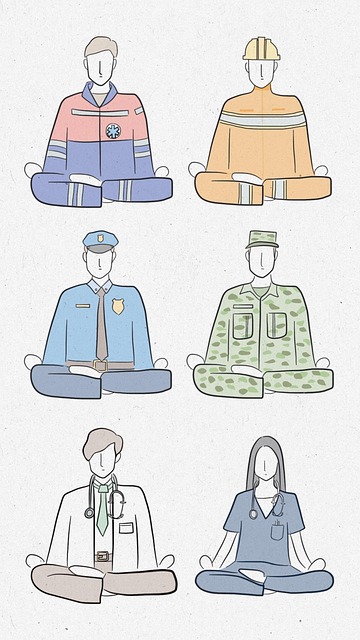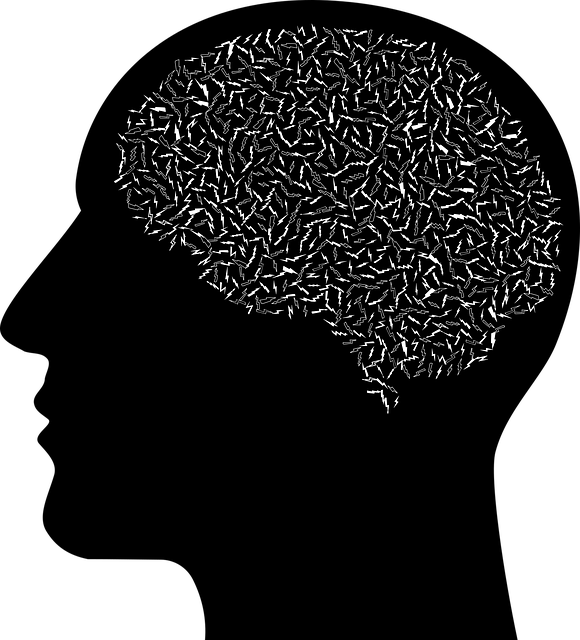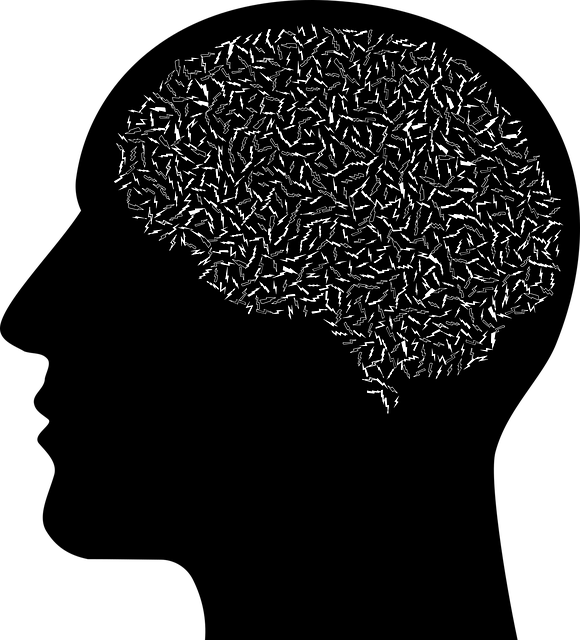Castle Rock Oppositional Defiance Disorder (CROD) therapy focuses on cognitive-behavioral techniques, early intervention, and building resilience through exercises like social skills training, mindfulness meditation, and risk assessment. The Risk, Frequency, and Motivation (RFM) model guides personalized interventions, while Resilience-Focused Therapy (RFT) and mindfulness integrate effectively in clinical practice. CROD therapy's success lies in tailored resilience-building, anger management, improved relationships, and increased confidence. Future advancements include diverse technique integration and enhanced cultural competency training for mental health providers, aiming to make CROD therapy accessible and impactful worldwide.
Castle Rock Oppositional Defiance Disorder (CROD) is a behavioral disorder that often requires specialized therapy. This comprehensive guide explores the power of RFM (Reinforcement, Feedback, and Motivation), a revolutionary approach in CROD treatment. We delve into how RFM enhances traditional therapies, offering practical resilience-building exercises to manage symptoms. Learn about its successful implementation in clinical practice and discover inspiring stories of improved mental well-being. Uncover future prospects in CROD therapy as we navigate this dynamic landscape.
- Understanding Castle Rock Oppositional Defiance Disorder (CROD)
- The Role of RFM in CROD Therapy
- Resilience Building Exercises for CROD Management
- Implementing RFM in Clinical Practice
- Success Stories and Future Directions in CROD Treatment
Understanding Castle Rock Oppositional Defiance Disorder (CROD)

Castle Rock Oppositional Defiance Disorder (CROD) is a behavioral disorder often characterized by frequent and persistent arguments with authority figures, defiance, and a general uncooperativeness. This disorder, named after its apparent origin in Castle Rock, Oregon, where early research on defiant behaviors was conducted, affects both children and adolescents. CROD can significantly impact a person’s daily life, relationships, and academic or professional success if left unaddressed.
The key to managing CROD lies in therapy and resilience-building exercises that focus on improving communication strategies. Castle Rock Oppositional Defiance Disorder therapy typically involves cognitive-behavioral techniques to help individuals recognize and modify negative thought patterns and behaviors. Public awareness campaigns development around this subject can also play a vital role in identifying symptoms early, fostering understanding, and encouraging support for those affected. Resilience building is an essential component of treatment, teaching individuals coping mechanisms to navigate challenging situations more effectively.
The Role of RFM in CROD Therapy

The Role of RFM in Castle Rock Oppositional Defiance Disorder Therapy (CROD)
In the realm of mental health treatment, the Risk, Frequency, and Motivation (RFM) model has emerged as a powerful tool within CROD therapy. This framework allows for a nuanced understanding of an individual’s behavior, particularly in assessing their oppositional defiance. By evaluating these three dimensions, mental health professionals can tailor interventions to foster positive thinking and improve communication strategies.
The RFM approach facilitates a comprehensive risk assessment, enabling therapists to identify potential triggers and predict behavioral outcomes. Understanding the frequency of defiant behaviors helps in setting realistic goals and designing structured plans. Furthermore, focusing on motivation encourages clients to actively engage in their recovery process, promoting self-awareness and intrinsic positive thinking. This holistic perspective is pivotal in addressing CROD effectively, aiming for long-lasting behavioral changes and improved overall well-being.
Resilience Building Exercises for CROD Management

Resilience building exercises play a pivotal role in managing Castle Rock Oppositional Defiance Disorder (CROD) through Castle Rock Oppositional Defiance Disorder Therapy. These exercises are designed to equip individuals, particularly children and adolescents, with coping strategies that enhance their ability to navigate challenging situations. By incorporating activities that promote emotional regulation, problem-solving skills, and positive behavior reinforcement, therapists can foster a sense of control and resilience in patients struggling with CROD.
One effective approach within CROD therapy involves integrating social skills training and mindfulness meditation as resilience building exercises. Social Skills Training helps individuals learn appropriate ways to interact with others, thereby reducing oppositional behaviors often associated with CROD. Mindfulness Meditation, on the other hand, teaches the art of staying present and managing stress, which is crucial for emotional regulation. A comprehensive Risk Assessment for Mental Health Professionals guides the implementation of these exercises, ensuring a safe and supportive environment that facilitates growth and resilience in individuals with CROD.
Implementing RFM in Clinical Practice

Implementing RFM (Resilience-Focused Therapy and Mindfulness) in clinical practice offers a promising approach for treating Castle Rock Oppositional Defiance Disorder (CROD). This therapeutic framework shifts the focus from managing symptoms to fostering resilience, enabling individuals to navigate challenges more adaptively. By integrating RFM techniques, mental health professionals can equip clients with effective communication strategies and emotional coping mechanisms.
Incorporating mindfulness practices into CROD therapy enhances self-awareness and regulates impulses. Healthcare provider cultural competency training plays a crucial role in ensuring these interventions are tailored to diverse patient backgrounds. Well-designed Mental Health Education Programs can further empower individuals to embrace resilience, ultimately improving their overall well-being.
Success Stories and Future Directions in CROD Treatment

In recent years, Castle Rock Oppositional Defiance Disorder (CROD) therapy has garnered significant attention due to its proven success stories. This form of treatment goes beyond traditional methods by incorporating resilience-building exercises tailored to each individual’s needs. The approach not only addresses the symptoms but also fosters self-care routine development for better mental health and enhances overall well-being. Success stories from CROD therapy show remarkable improvements in patients’ ability to manage anger, improve relationships, and boost their confidence.
Looking ahead, the future of CROD treatment lies in integrating innovative techniques that cater to diverse patient populations. Healthcare provider cultural competency training plays a crucial role in this evolution, ensuring that treatments are inclusive and effective for all. By continuing to refine and share successful strategies, mental health professionals can revolutionize CROD therapy, making it accessible and impactful for those struggling with oppositional defiance while promoting long-term resilience.
Castle Rock Oppositional Defiance Disorder (CROD) is a complex condition, but with the right approach, therapy can be highly effective. The RFM (Resilience, Flexibility, and Mindfulness) model has emerged as a powerful tool in CROD therapy, offering a holistic way to address the core symptoms and build resilience. By incorporating tailored resilience building exercises, professionals can empower individuals with CROD to manage their emotions, improve relationships, and lead fulfilling lives. As research continues to grow, the future of CROD treatment looks promising, with Castle Rock Oppositional Defiance Disorder therapy becoming more accessible and successful for those who need it.














